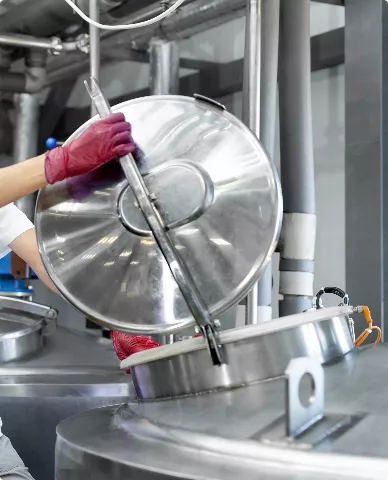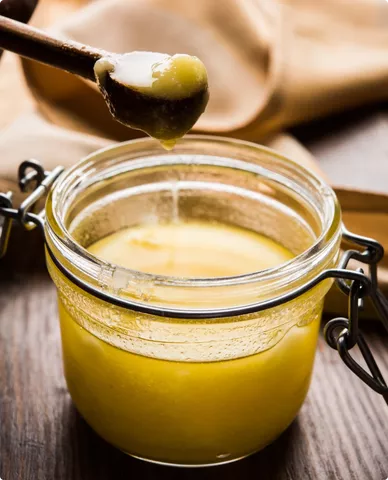IBC
Intermediate bulk containers (IBCs) are large, reusable containers that are used primarily for transporting liquids and granular substances.
Intermediate bulk containers (IBCs) are used in logistics by various industries for their versatility and durability. They are standardized and suitable for both storage and transport of liquids, powders, and granules. IBCs are most often made of plastic and have a rectangular or square shape. This allows for efficient use of space during storage and transport, just like assembling Lego bricks. They are used in the industrial, chemical, and pharmaceutical sectors. Are you thinking about using them for your business as well? Then you need more details:
Features of IBCs
- Capacity: It usually ranges from a comfortable 275 to 330 gallons (= 1,040 to 1,250 liters).
- Material: High-density polyethylene (HDPE), stainless steel, or composite materials.
- Design: They feature a solid outer cage for protection and stability plus a pallet base for easy forklift handling.
- Reusability: IBCs are designed for multiple uses, which makes them cost-effective and sustainable.
- Safety: They are equipped with secure lids and valves to prevent leaks and contamination.
Are they suitable for animal fats?
- Temperature resistance: The containers used for liquid animal fats must withstand temperatures of up to 55–65 degrees Celsius, which is the standard loading temperature.
- Melting point: Due to the higher melting point of lard and tallow, it is important to have a way to melt the fat inside an IBC, if it is stored for an extended period of time.
- Transport, not storage(!): IBCs are primarily used for the transport of animal fats due to the demanding and energy-intensive process of melting the fat, which makes them less suitable for long-term storage.
Benefits in a nutshell:
- Efficiency: The large capacity reduces the need for frequent topping up, which increases operational efficiency.
- Endurance: The solid construction ensures a long service life and resistance to harsh conditions.
- Versatility: Suitable for a wide range of substances, including liquids and granular materials.
- Environmental impact: Their reusability helps reduce waste and promotes sustainability.







